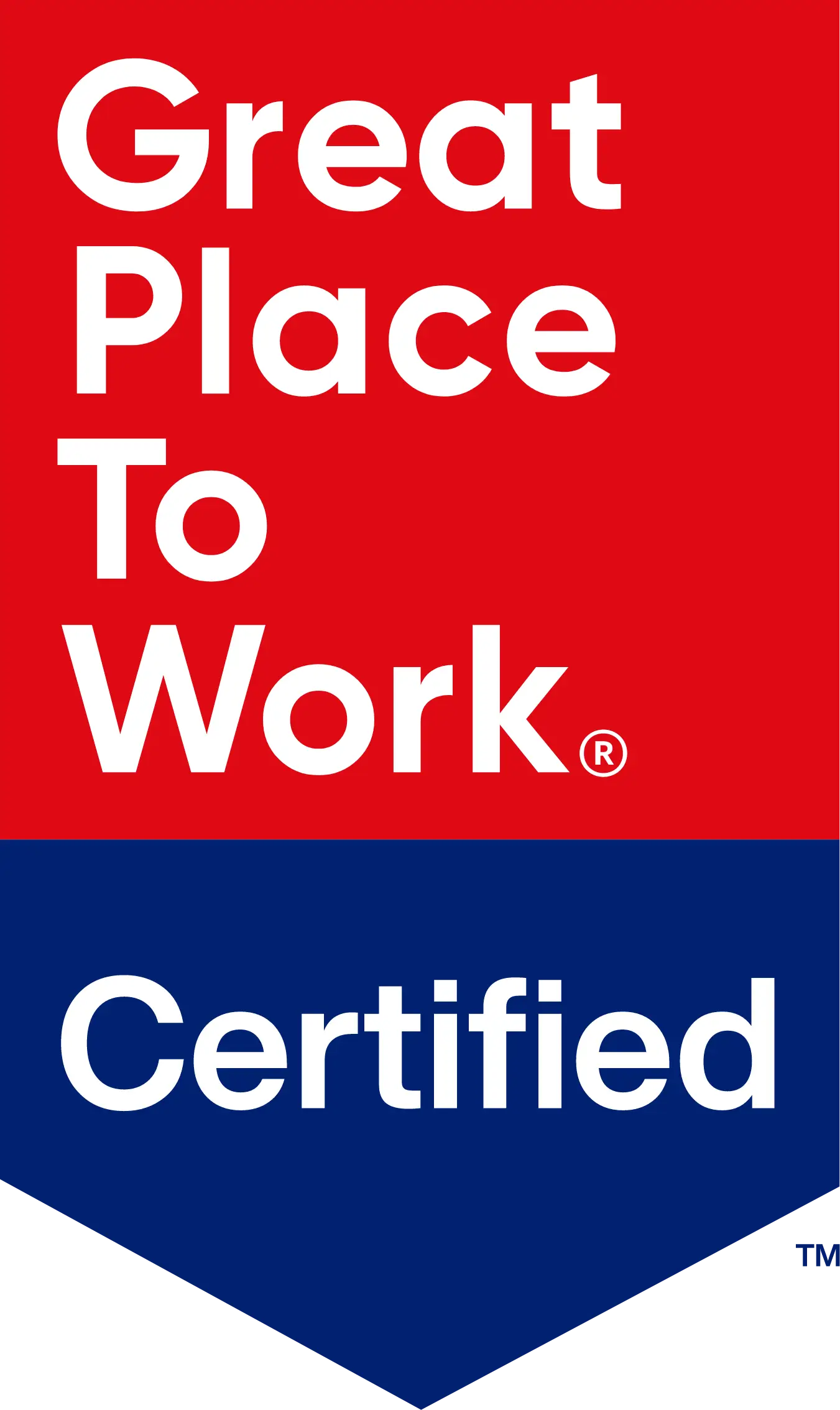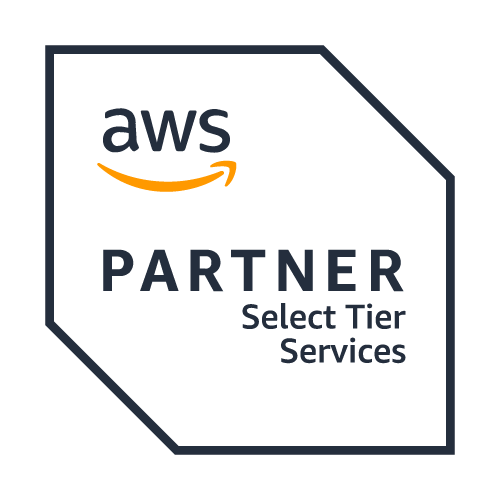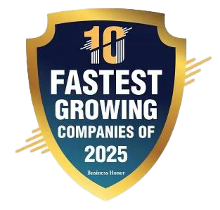
Share
Table of Contents
What is Robotic Process Automation? Accelerated Healthcare collections and Revenue Cycle Management Seamless data entry Expedite billing collections Simplified records management Efficient patient scheduling Enhanced claim process management Five key tips for selecting the right RPARobotic Process Automation (RPA) for Healthcare Collections and Revenue Cycle Management
The widespread COVID-19 pandemic has pushed businesses worldwide to survive and struggling to stay afloat, due to the workforce vacuum created. This unforeseen breakdown has turned the work culture and business process models upside down. In the wake of an emergency, industries are struggling with procuring an adequate workforce, Robotic Process Automation (RPA) paved a new successful way in the business world by wiping out the dependency on human resources. Also, RPA helped the industries to achieve their business goals by satisfying their needs at a low cost. Let us see how RPA accelerated healthcare collections and revenue cycle management.
What is Robotic Process Automation?
A software technology that helps you ease the work process of digital systems and software interactions by mimicking the human interactions effectively by deploying robots is known as Robotic Process Automation (RPA).
Accelerated Healthcare collections and Revenue Cycle Management
The Healthcare industry has an enormous amount of paper documentation often left unused. Digitalizing the data will help the doctors to manage the patient’s data in real-time. Investing in a proper RPA software solution have benefits such as expedited billing collections, simplified claim management, efficient patient handling, potential reduction of human errors, and more.
Seamless data entry
RPA helps organizations to automate the process of digitizing the data in less time. It enables the administrators to leverage data to deliver better care, prevent diseases, automate all areas of the continuum of care, improve their quality of services, and attract more patients, which leads to increased revenue.
Expedite billing collections
Billings are often repetitive and tedious processes that can be automated by RPA and expedite the billing invoices and reminders in real-time using bots, which helps the collections agents collect the dues on time.
Simplified records management
The Healthcare industry has stringent protocols for data handling, which involves more document evaluations, processing, and manual verification. It will take more time due to manual and repetitive tasks. But with RPA in action, you can quickly expedite the records management process with utmost accuracy and without any human errors.
Efficient patient scheduling
Automating patient scheduling eliminates the need for resource allocation for scheduling, which helps you reduce the waiting time by arranging appointments faster. It will increase patient satisfaction and increase revenue at the same time.
Enhanced claim process management
Due to manual processes, the healthcare industry often lands with lawsuits for delayed claims. Automating the billing cycles in the healthcare industry will reduce the money spent on denied claims due to improper handling manual workforce to manage the massive workloads.
Five key tips for selecting the right RPA
Due to RPA’s exponential popularity many businesses are keen on deploying it in their organizations. But before implementing RPA in your organization, you need to select the right tool to make the most out of it. Here, are some key criteria you should know:
● Architecture: An RPA tool's functions and capabilities are determined by the skills and controls it contains. Most RPA systems have a layered design for improved deployment and maintenance, which is another crucial feature to consider when choosing the correct RPA tool. Selecting a proper RPA tool helps you quickly deploy and maximize the business output.
● Low-code capabilities: Select the tool that requires low code development, which helps you easily drag and drop the functions without implementing high level of codes.
● Speed: Increasing the processing speed is one of the significant advantages of implementing RPA. So, it is more advisable to select the tool that helps you increase the speed, resulting in faster completion of tasks, data management, and more.
● Ownership cost: Another key important aspect you should consider before selecting the RPA tool is the ownership cost. You should evaluate the vendor fees, implementation costs, maintenance fees, and more.
● Scalability: Scalability concerns might arise when your RPA installation expands throughout the organization. A cloud solution may mitigate scalability concerns, whether native, VMs, or containers. This is especially true if the orchestration component can create extra bots as needed.
Cloud Destinations is a Silicon Valley-headquartered, well-established technology organization. We focus on digital transformation, enterprise application development, infrastructure projects, and professional services related to Cloud Migrations. Start your automation journey with us by clicking Cloud Destinations.
Visit our website at https://clouddestinations.com and write to us at info@clouddestinations.com for any query.
 Back
Back














 Linkedin
Linkedin








